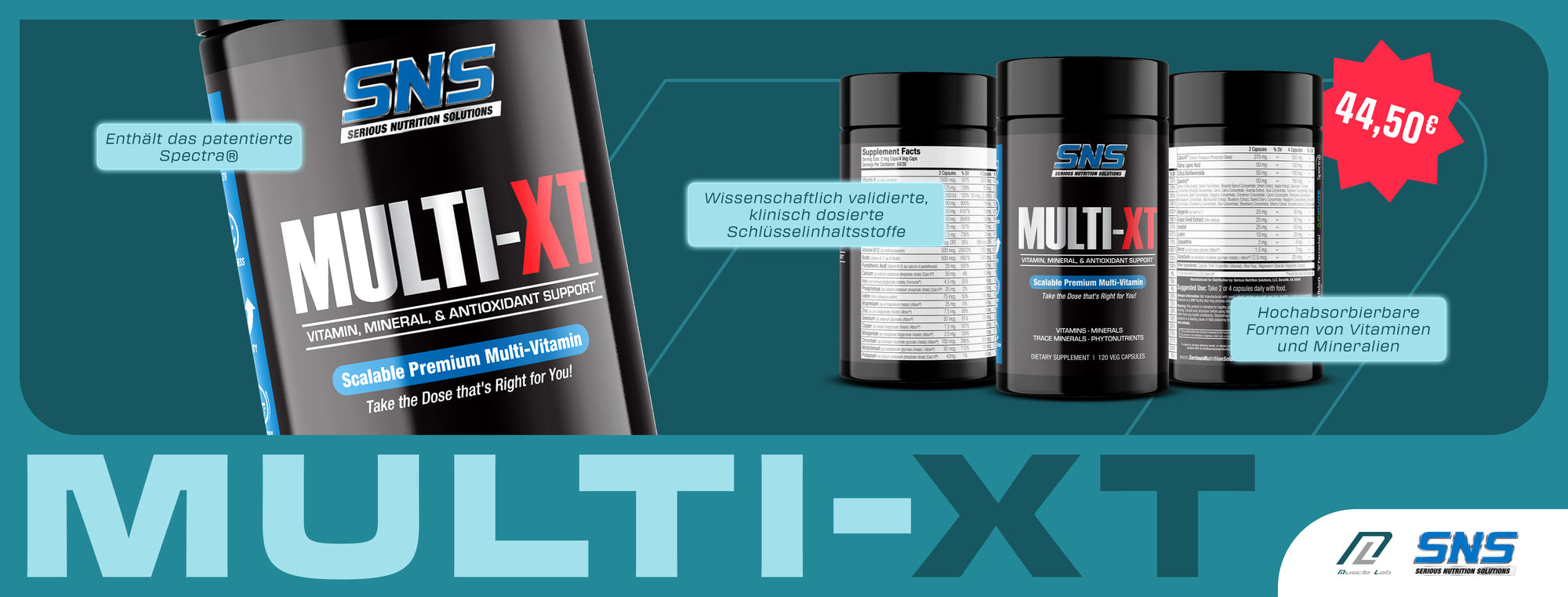Human digestion – supporting probiotics and supplements for better digestion
What do we offer in our digestion category?
The human digestive process is a highly complex one in which numerous organs in the body are involved and where their interaction has a significant influence on health. Digestion often shows us whether something is wrong with our body, whether we have any intolerances or whether we are digesting something particularly well. In most cases, the body gives clear signals as to whether we are processing food well or poorly - often not only through our metabolism, but even our skin gives signs that something is wrong. For example, acne and skin blemishes can be a sign that we are (regularly) consuming something that we cannot tolerate or that is not good for our body. In our digestion category, we offer various and, above all, rare products to support digestion.
Digestion: How it works!
Every day, we eat according to our own diet, consisting of complex nutrients such as proteins, carbohydrates, and fats. These cannot be absorbed by the body in their original form, which is why they must be broken down into smaller components in the digestive system. Mechanical digestion begins in the mouth and esophagus: Amylase and lipase are digestive enzymes found in saliva that break down food in the initial stages. The process of digestion involves the separation of food by enzymes and its absorption into the blood by filtration. The body uses this route to extract all the important nutrients from the food components in order to... Learn the most important facts about digestive health in our body!
What stimulates digestion?
Digestion encompasses the entire digestive process and is supported by many different functions and organs. The digestive system can be stimulated in several ways:
- Physical activity
- Coffee
- Probiotics
- Skyr
- Enzymes
- Curcumin
- Stimulants & Boosters
- Fiber
What symptoms can occur if the digestive tract has some intolerances?
- flatulence
- constipation
- Diarrhea
- Digestive problems
Which foods help with digestion?
- Apples
- Whole grain oat flakes
- Peas, beans and lentils
- linseed
- kefir
- Skyr
- Plums
Are digestive problems underestimated?
Absolutely! In most cases, the human body tells us quickly and clearly when something is wrong. However, the signs are often overlooked or underestimated. A healthy digestive tract, however, is crucial for metabolism and energy production. Poor digestion inhibits muscle building, fat loss, strength development...almost everything related to athletic performance! A healthy and conscious lifestyle helps maintain a functioning metabolism and ensures a healthy intestinal flora.
How can you stimulate your metabolism?
- Pay attention to your diet: consume more protein!
- Avoid foods high in sugar
- Regular meals
- Drink enough fluids (water)
- Avoid alcohol and junk food
- Regular sporting activities
Are there any side effects to digestive supplements?
To date, there is no evidence that dietary supplements that stimulate digestion are harmful or have side effects. In principle, even caffeine (your morning coffee) is considered a metabolism-stimulating substance, but it doesn't contribute to improved intestinal flora.
Are enzymes for digestion addictive?
This question is hotly debated, and when one looks at comparable intakes of other substances, it seems likely that an exogenous intake of enzymes inhibits the body's own production, or rather, signals to the body that it doesn't need to produce its own enzymes. This is problematic if one doesn't want to rely on products containing enzymes. To what extent this self-production is paralyzed is unclear. However, enzyme products make a lot of sense when there is fundamentally poor digestion or processing of food. The most common enzyme deficiency is lactase. In Germany, approximately 15% of people are affected by lactose intolerance.






















